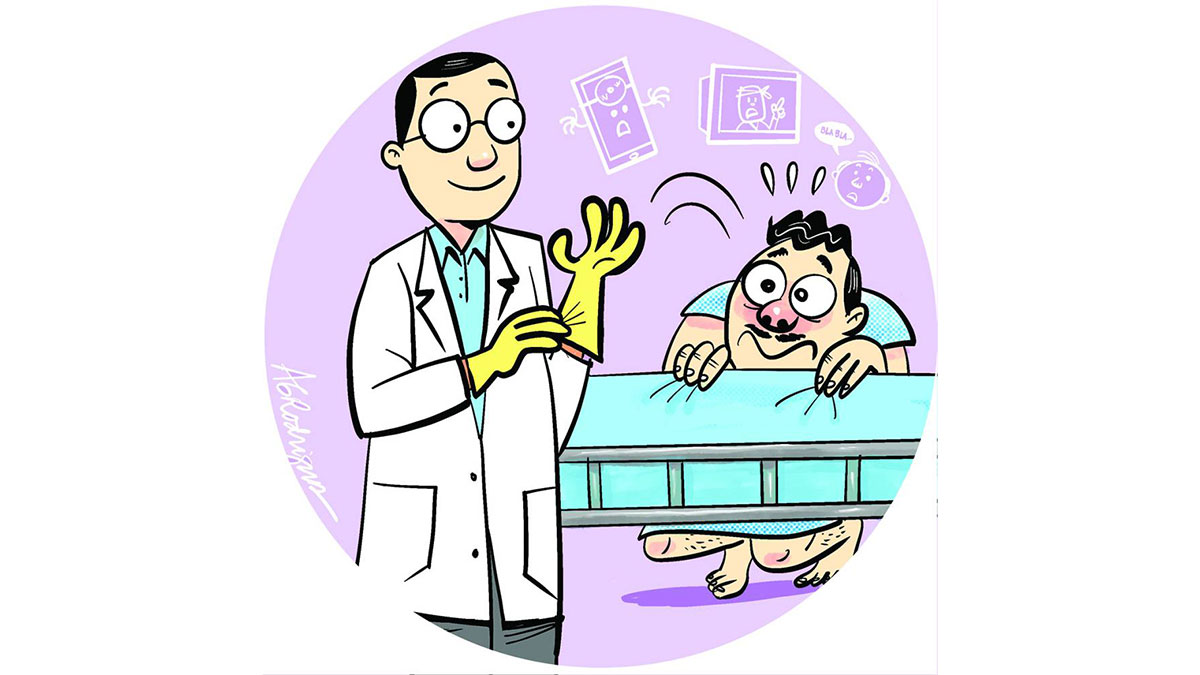
Consuming too much salt is having a negative effect on teenager’s health, and could possibly lead to cardiovascular disease in adulthood, according to new research presented at the 2017 Pediatric Academic Societies Meeting in San Francisco.
Led by Elaine M. Urbina, MD, MS, director of preventive cardiology at Cincinnati Children’s Hospital Medical Center, the research set out to explore whether too much salt in the diet of adolescents had a negative effect on the arteries, causing them to harden.
Hardening of the arteries, known as arterial stiffness, is a known risk factor for heart attack and stroke in adults. It can be detected by monitors on the skin near the body’s major arteries.
Previous studies have already found that too much salt can increase arterial stiffness in younger people who have risk factors such as obesity, diabetes, hypertension and high cholesterol.
The study, which was funded by the National Institutes of Health, recruited 775 participants from an Ohio children’s hospital.
The researchers measured the elasticity or distensibility of the participants’ brachial artery (BrachD), found in the upper arm. Pulse wave velocity (PWV) was also measured for to look at differences in the speed that blood traveled between the carotid artery in the neck and femoral artery in the groin.
To measure the amount of salt in the diet, participants were asked to keep a record of their diet over a 3-day period. The results showed that after adjusting for age, race, sex, body-mass index and other factors that could affect findings, a higher average daily sodium intake was associated with lower BrachD and higher PWV reading, which indicate higher levels of stiffness in the arteries.
“It’s clear that adolescents and young adults have higher-than-recommended amounts of salt in their diet. Our study suggests this may translate into changes in the body that put them at higher risk for future heart attack and stroke,” concluded Dr. Urbina.
According to the Centers for Disease Control and Prevention recommendations, teenagers and adults should consume less than 2300 milligrams of sodium per day. However, around 90 percent of American children and teens consume too much sodium, with those aged 11 to 13 consuming on average 3194 milligrams of sodium daily, and those aged 14 to 18 consuming 3672 milligrams each day. JB












































